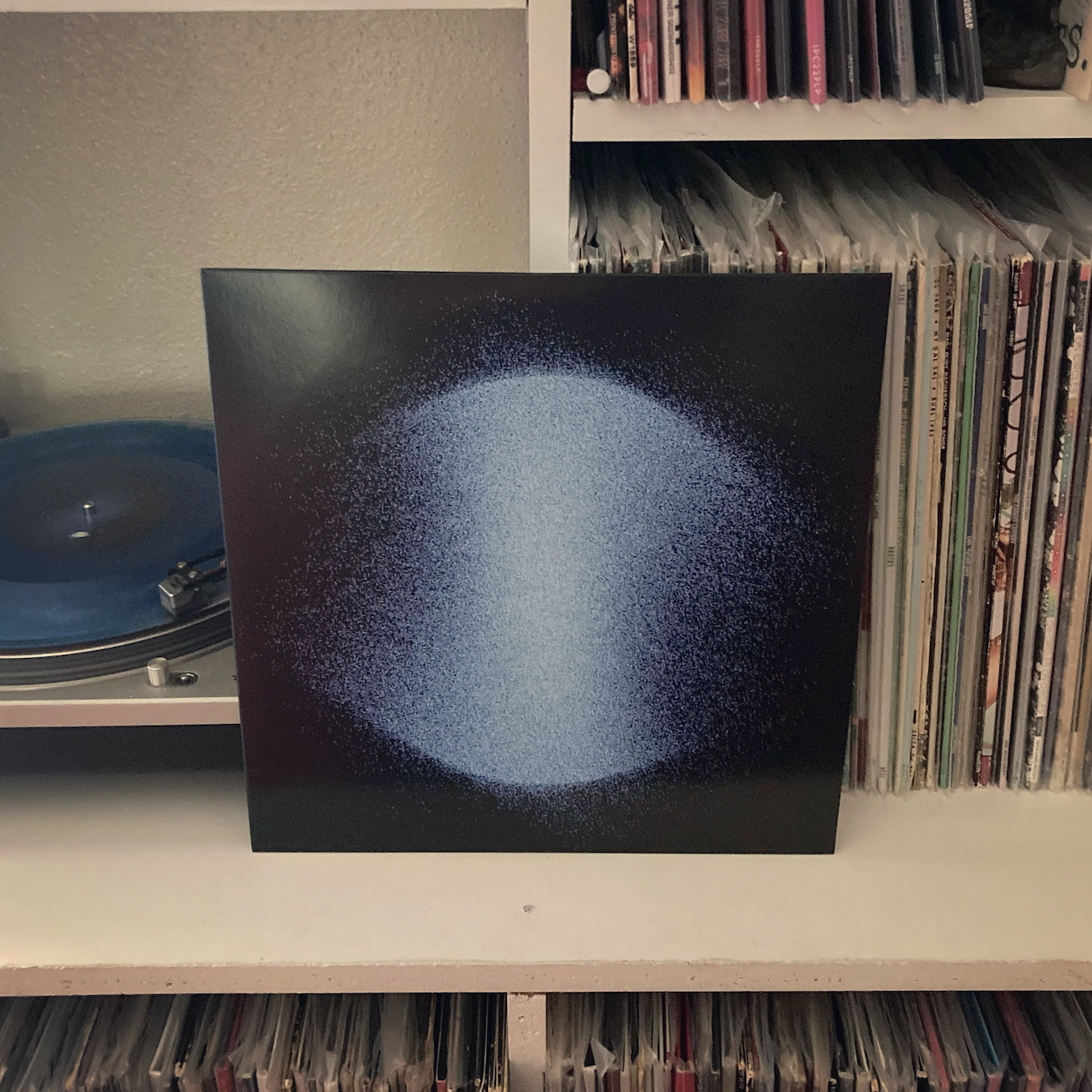
The backlash from “A Great Mass of Color” came so quickly, they might as well have been included in the press release. Black metal purists were quick to point to the undistorted guitars, lack of blast beats, and (gasp) clean vocals as proof that Deafheaven weren’t kvlt.
Subsequent singles rebutted the idea that it might be a one-off. And now that the album is out, we can see for ourselves that this softer palette weaves itself through the entire album. Even longtime fans have turned on them, saying this record sounds like an entirely different band. They’ve lost the plot. They’ve sold out.
And the whole time, I’ve said the same thing to them: besides the vocals, this is what Deafheaven has sounded like the whole time.
From the moment Sunbather blew up, every music critic in the world was quick to point out their nods to shoegaze, post rock, and new waves acts like Slowdive, My Bloody Valentine, Mogwai, and The Cure. Anyone who looked backward to Roads to Judah found the same influences. Even New Bermuda, which was a bit heavier and darker than Sunbather, had plenty of moments that sounded more like Disintegration than Darkthrone. In fact, when I first heard “A Great Mass of Color,” it reminded me the most of New Bermuda’s “Gifts For the Earth.” And all of that is without even touching Ordinary Corrupt Human Love, which had moments so melodic and sincere that they might as well have been odes to Bob Seger.
All that to say, Infinite Granite absolutely does not sound like a different band. There are the same lush atmospherics, anthemic guitar melodies, and intense drumming that they’ve always employed. There’s just less screaming (yes, George Clark does still scream on this album, just not on every song). Just look to the climax of “Villain” and you’ll find one of the most trademark Deafheaven moments put to tape. The climax of album closer “Mombasa” might be in contention for the heaviest thing they’ve ever put to tape.
So yes, this absolutely sounds like the same band. On the other hand though, there is absolutely no debate that this is their most subdued album to date. Screaming is rare, and there are very few moments of blast beats and black metal guitar shredding. In a way, it feels almost like an unplugged record, though “unplugged” in the sense that Octahedron by The Mars Volta was unplugged. The tracks are shorter than usual, with a great emphasis on traditional songwriting than on creating expansive sonic journeys. The longest track (“Mombasa”) clocks in at just 8:18, which would make it one of the shorter tracks on any previous album.
But you can’t argue with results, and Infinite Granite is nothing short of stunning. Their guitar textures have always been impressive, but here they are as brilliant as ever, sparkling with crystalline walls of sound augmented by synthesizers and, of course, an expertly-used array of effects pedals. The modal turns Deafheaven has always employed are still present, but the added sense of melody makes them as affecting as ever. Daniel Tracy’s drumming links the songs to their metal roots even at the lightest moments. And for a guy who has only screamed for four albums (barring some clean vocals on Ordinary), his clean vocals are a welcome addition to this album. He spends most of the album in a low baritone, sounding more like Ian Curtis or Morrissey than most metal vocalists. Which, to be clear, would have ruined this record.
While Infinite Granite is certainly a shift for the band, it is still unmistakably Deafheaven—and it might be remembered as one of their best. It might not be as aggressive or blistering as their previous work, but with songs like this, it doesn’t need to be.
As for the purists, they’ve hated Deafheaven since Sunbather, so I wouldn’t give them too much thought.